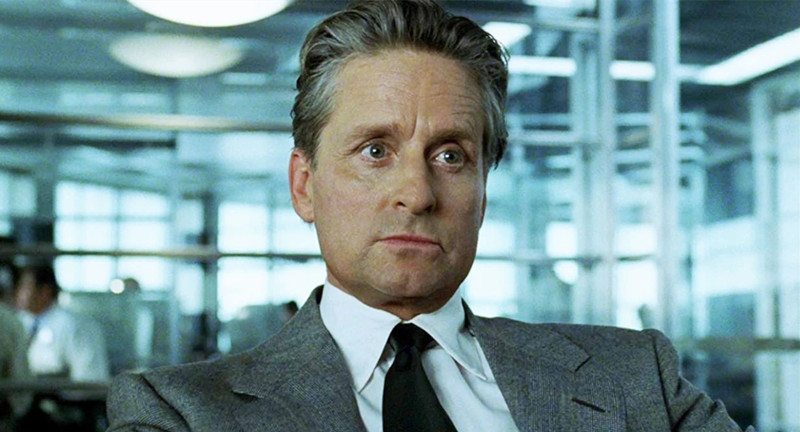
There are only a small handful of contemporary filmmakers whose work can rival the buzz and anticipation that a new Yorgos Lanthimos movie generates around the globe. After bursting onto the scene with “Dogtooth” 15 years ago, the Greek filmmaker has established himself as a singular presence in world cinema and one in a select line of auteurs working within Hollywood’s studio system who enjoy hefty budgets and complete creative freedom.
Last fall, Lanthimos reunited with frequent on-screen muse Emma Stone in “Poor Things”, an adaptation of Alasdair Gray’s novel of the same name about a young woman embarking on a journey of self-discovery and sexual awakening after being re-animated and brought to life Frankenstein-style by an eccentric surgeon in Victorian-era London. Funny, macabre, and thought-provoking, the star-studded film opened to critical acclaim at Venice last summer before receiving 11 Oscar nominations including for Best Picture and directing.
As we await further details in his upcoming anthology film “Kind of Kindness”, we have scoured through interviews to round up ten thrillers that have played a part in influencing Lanthimos’ work and earned his stamp of approval throughout the years. From contemporary American cinema to lesser-known arthouse fare, take a look at 10 favorites from the Oscar-nominated Greek director, listed in no specific order, that deserve your attention.
1. Uncut Gems (2019)

The subtle art of getting under the viewers’ skin is evidently in Yorgos Lanthimos’ wheelhouse, as exhibited in instant classics of feel-bad cinema like “Dogtooth” and “The Killing of a Sacred Door”. With that in mind, it’s hardly surprising to learn that the same filmmaker who’s made a career out of spiking the average moviegoer’s heart rate tenfold would get a kick out of this nerve-racking pressure-cooker starring Adam Sandler as a compulsive New York jeweler who goes on a wild gambling spree in a desperate attempt to pay back all his debts.
Lanthimos holds the A24 release in such high regard that he discussed it at length in a written piece for Variety. “I was always impressed — frankly jealous — by the Safdies’ casting skills and instincts. In “Uncut Gems”, they have utilized all the elements I have loved in their previous films and brought them to a higher level, resulting in a unique cinematic experience that it’s like watching a Robert Altman film that was dipped in acid,” he explained. “The balance they achieved between the naturalistic and heightened elements is masterful, but it’s the human element that stands out and makes everything fall into place, the flawed characters that we love, even in their most embarrassing moments.”
Newcomers will certainly need a strong stomach for this particular ride, but those who haven’t taken the plunge yet are legitimately missing out on one of the most flat-out captivating performances of the century and certainly Adam Sandler’s career best. Take it from Lanthimos himself, who not only considers the Sandman “a truly great actor but also the perfect choice to play this character.”
2. The Long Goodbye (1973)
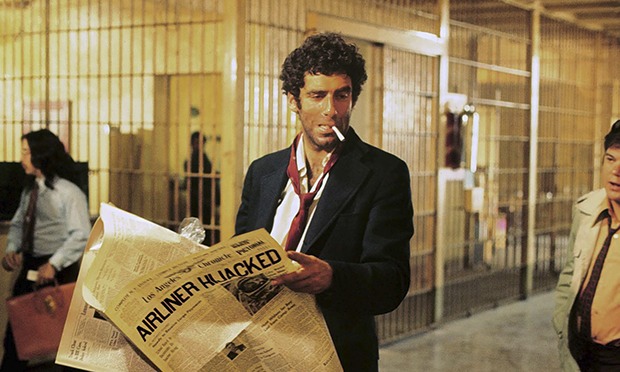
Like Lanthimos today, Hollywood trailblazer Robert Altman managed to dip his toes in virtually every possible genre throughout his legendary career while always retaining his own sensibilities and unmistakable flair behind the camera. At the peak of his creative powers back in the 1970s, the journeyman director cultivated a reputation as Hollywood’s provocateur par excellence with a formidable streak of off-beat masterpieces. Perhaps none had as much cultural impact or holds up as remarkably well as this wry adaptation of Raymond Chandler’s hard-boiled novel, which finds iconic private eye Philip Marlowe scouring for clues throughout Tinseltown after helping an old friend drive south of the border.
Like many of the brand-name filmmakers of his time, Yorgos Lanthimos has a soft spot for this 1970s genre classic, which would eventually serve as a key inspirational touchstone in modern L.A. neo-noirs like “The Big Lebowski” and “Inherent Vice”. In an interview with UK media outlet Metro, the “Poor Things” director had nothing but praise for what he calls a “reinvention of noir where the screwball, the mumbling, and the zooming all work wonderfully”. But it’s really Elliot Gould holding the fort here with one of the must-see performances of the 1970s and one that Lanthimos rightfully regards as “terribly charismatic”.
3. Le Samourai (1967)
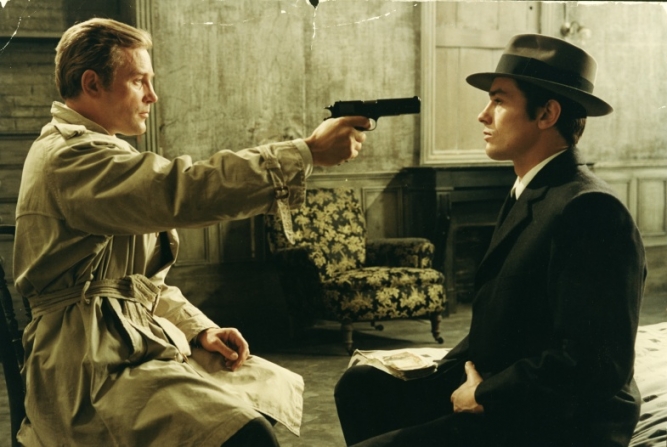
As important and influential as any film from its era, Jean-Pierre Melville’s landmark crime thriller stars the phenomenal Alain Delon as a loner contract killer on the run who’s chased by the authorities and his former associates across Paris after carrying out his last hit.
Ahead of the American premiere of “The Lobster” in late 2015, Lanthimos stopped by the DVD closet of boutique media outlet Criterion to talk about some of his favorite titles featured in the collection. “Melville is an amazing filmmaker that is still so contemporary, you can almost sit down and watch his films today and you’d think they were filmed yesterday,” he said while waxing lyrical about the director’s 1967 classic film, one of the many titles mentioned in the conversation. “And Alain Delon is always great”.
The French silver screen icon oozes cool and charisma in the role of a trench coat and fedora-wearing hitman with a suave demeanor and samurai-like code, while setting the golden standard for the lone-wolf assassin character template that has been subsequently pilfered by countless Hollywood crime flicks, with last year’s Michael Fassbender-led “The Killer” being the latest high-profile example.
4. Branded to Kill (1966)
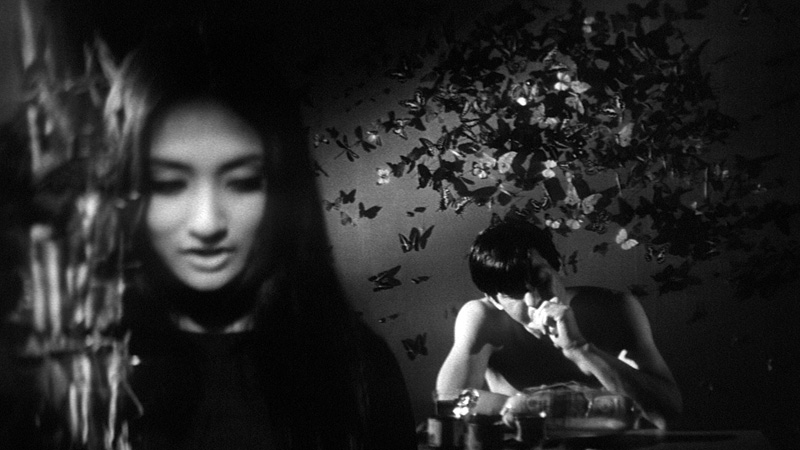
Japanese New Wave director Seijun Suzuki breathed new life into an often generic and predictable subgenre like yakuza actioners with this conceptually bold and gorgeously shot bullet ballad about a hard-edged contract killer working for the local mob (played with devilish charm by the great Joe Shishido) who becomes a target himself after a botched hit.
A box office bomb that flamed out of national theaters without barely making a dime before gradually becoming a cult hit overseas thanks to home video, “Branded to Kill” left a lasting impression on an impressionable young Yorgos Lanthimos and was one of the many titles the Greek-born director geeked out over during his recent visit to the Criterion closet. In conversation with the prestige boutique label, Lanthimos confessed that he uses Suzuki’s yakuza epic as a source of reference while making films and tends to make a conscious effort to re-watch it whenever he’s gearing up for production.
After getting acquainted with the brand of filmmaking of the pioneering Japanese director, you could then slide straight into some of his other well-known shoot-’em-ups (“Tokyo Drift” and “Youth of the Beast” are both worth tracking down) for another full serving of edge-of-your-seats thrills and dazzling visuals.
5. The Reconstruction (1970)
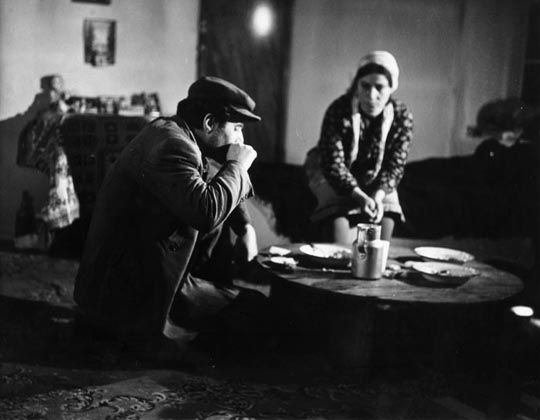
Before Lanthimos broke through and established himself as a festival circuit mainstay and perennial Oscar contender, one name stood a cut above the rest when it came to Greek cinema at large: Theo Angelopoulos. With a groundbreaking career that spanned over five decades and a bounty of contemplative masterpieces (“Eternity and a Day” and “Landscape in the Midst”, just to name a couple), the Greek maestro single-handedly put his country’s movie industry on the map and laid the groundwork for all his fellow countrymen, with Yorgos being no exception.
Ambiguity is the name of the game in the director’s feature-length debut — a time-shifting, fourth-wall-breaking crime procedural concerning the real-life murder of an adulterous blue-collar worker at the hands of her wife. Bouncing back and forth in time and gradually blurring the lines between fact and fiction, “The Reconstruction” challenges conventions of truth and justice by carefully threading together a murder case told strictly through first-person testimonies.
Though hardly acknowledged overseas, this early-career triumph announced the arrival of a generational talent in Angelopoulos and most recently was identified as a favorite by Lanthimos in conversation with British director Peter Strickland. “It’s an absolutely amazing film, in which you see how and why Greek filmmakers with a distinct voice like Angelopoulos started to be known more internationally and pop up in the history of cinema,” he argued.